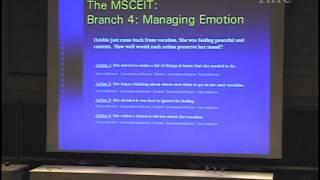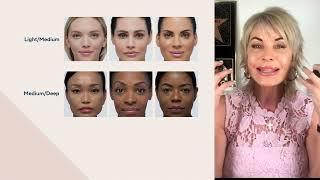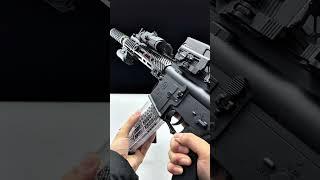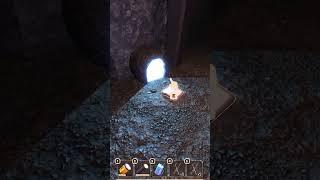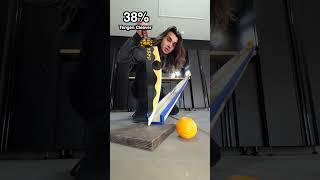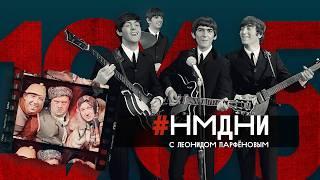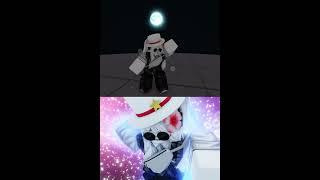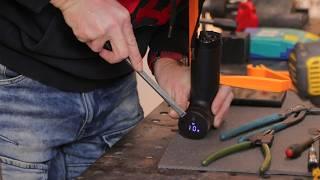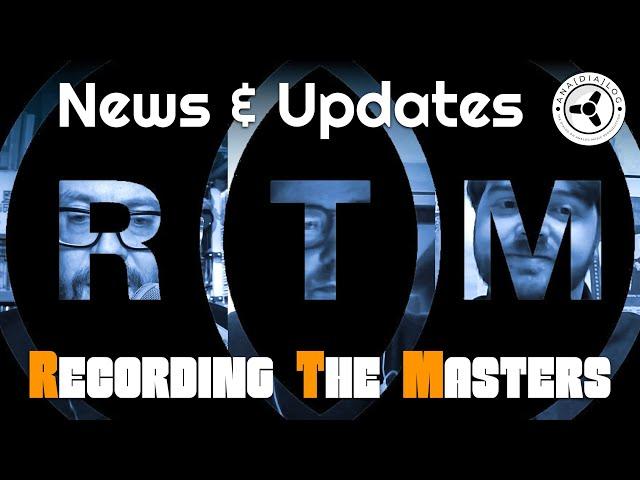
RECORDING THE MASTERS Tapes: News & Updates
Комментарии:

Huh...😢😂
Ответить
Type II is certainly viable. Because we still have the video recorder and there are no new video cassettes for sale anymore. Video tapes are type II, BASF used Chromedioxide, TDK, Maxell etc. used a chrome substitute based on ferro and cobalt. There is a lot of demand for Type II cassettes, but there is also a demand for videotapes.
Ответить
Fantastic interview TY I'm so waiting on a particular artist to release a AAA album and with her doing so many more will do the same!!
Ответить
Did he say 'Ampex' was still making tape here in the USA? Ampex has been out of the magnetic tape business since the 1990s. Ampex is now a defense contractor.
Ответить
Thank you mate for focussing on this company. I've bought their tapes and they're excellent.
Ответить
Guillaume is french, we are hearing!!!😂😂 He speaks english like a spanish cow😅 Longue vie à l' entreprise française RTM, le futur de l'enregistrement est analogique associé au numérique pour le défilement de la bande
Ответить
U can stay in ur world of vinyl, tapes or even CDs...we the next gen..just archived our pcm - flacs, dsd - or even dxd..as our data..which eventually end with it anyway..futures I mean..while ur nostalgic media just a long gone memory..gd luck old timer....Peace!
Ответить
in short term they don't really want to get in to the hi end market...
Ответить
Still no type II 😭
Ответить
Hi Guido.
If they want to continue growing the business, and stick around for the long term, eventually there will be no way around developing true quality machines. Despite high demands clearly no one else is gonna do it. At some point the window will be closing, so they might as well get started before it's too late.
Great video and interview.
Stay awesome Mate.

Great interview Guido I was thoroughly entertained with this video. Although I must admit I did feel a little old when they were talking about young kids not knowing what a mixed tape was, lol.
Now, to put my sound engineers cap on. I also agree that magic happens when you are live to tape. When I worked in the industry, I was recording to tape, and you just have to nail it, 2"tape has never been cheap, so that always provided an intensity in the recording studio. It's in that pressure cooker environment that magic more often than not happened. So I absolutely agree with that statement.👍🎧🎅

Great interview. Good to see the tape momentum growing. At 17 minutes, Matt mentioned "digital bin". If I heard that correctly, the duplication involves a digital master?
Ответить
Ciao Guido, come ti contatto?
Ответить
Thanks so much for having us! Was a great conversation, and look forward to seeing everyone's comments, questions, and feedback.
Ответить
These are the true heroes that keep our hobby alive!
Ответить
The problem with cassette tapes is sometimes not having the flexibility to use 70µ EQ on Type I of course with normal bias and some brands decided not to pursue the kHz run, coincidentally one happened to have the 2nd most extensive cassette range in the world, why bother reaching 20k Hz on Type I when you have to sell your high end machines that work best with Type II and Type IV tapes?
And by the way it's not even just that... 16K FR is already wonderful and as much as a human being can hear on anything tape unless you're supernatural, you'll never be able to hear your Nakamichi responding within -3 dB from Dolby ANSI level at 20 kHz, the only way you can discern that is by tying your machine to a freaking electronic test instrument, i.e. oscilloscope.
And type II tapes have already shown they degrade... badly, it's not just BASF tapes or real chromium dioxide tapes, it's the whole lot. Yes there are some type II that are still fine to these days... most CDIng II from TDK still are as they appear to use a stable formula, probably because it's closer to Type I ferricobalt, but other stuff being TDK, Maxell, SONY, it's all degraded and above 3%THD at 0 dB, some can't even reach that level as they have very reduced remanence.


![[FREE] Rod Wave Loop Kit | Toosii Loop Kit - "I'll See You" (Rod Wave, Toosii) [FREE] Rod Wave Loop Kit | Toosii Loop Kit - "I'll See You" (Rod Wave, Toosii)](https://ruvideo.cc/img/upload/a0VidEZMMzZrUnQ.jpg)



